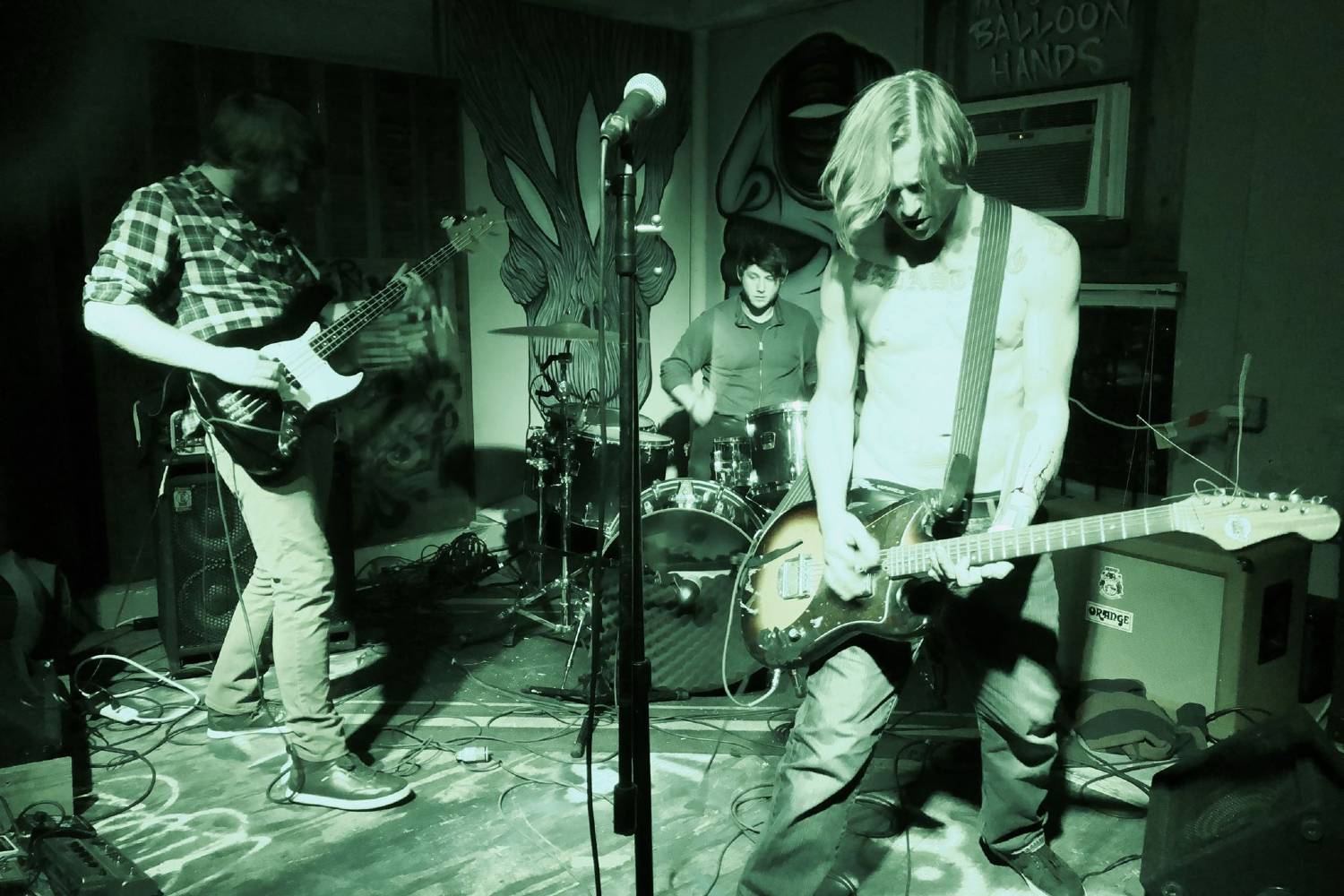Essays & Editorials
Verse & Vision: Navigating the Emotional Landscape of Writing
In this week’s “Verse & Vision” column, Jay Lang delves into the emotional challenges of navigating the literary world. Drawing from personal experiences and the wisdom of fellow creatives, Jay provides invaluable strategies for aspiring authors to manage their anxieties and maintain their passion for writing. Join Jay as she continues to share her journey and the tools that have helped her thrive amidst the highs and lows of a writing career.


Welcome to “Verse & Vision,” your essential guide to mastering writing and navigating the publishing world. This series is a comprehensive toolkit for authors at any stage, offering insights on crafting stories, character development, and strategies for success in the literary market. Join our community of writers as we explore the craft and business of writing together.
Meet Jay Lang, our guide and a prolific author with 13 novels in just four years, including her latest release, “One Take Jake: Last Call.” Jay’s journey from avid reader to celebrated author showcases her passion and versatility in storytelling. With experiences from living on a houseboat to designing for musicians, Jay brings unique perspectives to her writing and mentorship. Dive into “Verse & Vision” for Jay’s expert advice and inspiration, helping you achieve your writing goals and connect with fellow authors.
Last time, Jay talked to writers about turning their manuscripts into published works. And, while she touched on the emotional fortitude it takes to get published, she then went on to provide resources for writers on various publishing houses that are taking submissions. This week, Jay’s here to focus on the mindset needed to weather the landscape of rejection and publishing woes.
Authors are artists. We are right-brain thinkers who approach the world from an emotional point of view, which is a great attribute when writing stories. However, the title of artist can also work against us as we tend to psychoanalyze and be self deprecating—not the best traits when bravely forging out as an aspiring author. For this reason, we need to be diligent and remind ourselves that we are worthy and deserve a chance at success. Understanding the artist’s brain can be beneficial as it helps us to identify certain emotional characteristics of our psyche.
How will we handle rejection? Speaking for myself, I tend to be more anxious than depressed when facing rejection. A counterproductive, fear-provoking loop plays in my head every time I see the words, “Your story isn’t what we’re looking for.” I immediately personalize the refusal and assume that I’m an incompetent writer who has no business competing in the novel writing arena.
“What made me think that I could write a manuscript profound enough to gain the attention of professionals in the literary world?” This question is usually followed with other counter-productive thoughts:
“I’m not getting any younger.”
“Time is running out.”
“If I don’t achieve my goals now, I never will.”
Recently, I read a quote by author Pearl S. Buck that said, “The truly creative mind in any field is no more than this: A human creature born abnormally, inhumanly sensitive.”
Initially, I snickered at the quote, but the more I thought about it, the more it resonated with me.
After researching how the artist’s brain operates, the knowledge I acquired helped me not only understand how I emotionally process moments of defeat but also enabled me to accrue helpful tools to combat the negative way I deal with rejection.
After all, knowledge is power.
The truly creative mind in any field is no more than this: A human creature born abnormally, inhumanly sensitive.
To emphasize this point, I’ll share something from an article published by AAW, Arts Academy in the Woods, that recently caught my attention. The editorial piece claims that “The often highly sensitive nature of artists allows them to find beauty and joy in places that others may not. But the trade-off is that they’re often more vulnerable to darkness and sorrow that goes undetected by the less creative or sensitive person. This can leave them feeling shy, isolated, and prone to depression. Especially if they are in a community that does not embrace their sensitivity.”
So then, what’s the solution?
It’s this: networking with like-minded writers is invaluable in helping us evolve as authors.
In the past, I was a member of a wonderful writers’ group that would congregate at a local coffee shop to discuss our projects. This was extremely beneficial to me as I received valuable feedback and a wealth of encouragement. One of the reasons I was overjoyed to join the amazing team here at V13 was for the purpose of connecting, sharing, and interacting with you, my literary peers.
I would love to learn about your exciting projects and hear about your experiences in this fascinating and crazy world of writing.
You can visit Jay on her website or contact her on Twitter/X. Her latest book, One Take Jake: Last Call, is available here.
-

 Alternative/Rock5 days ago
Alternative/Rock5 days agoThe Warning Shake the Foundations of a Sold-Out Leeds Stylus [Photos]
-

 Music2 weeks ago
Music2 weeks agoTake That (w/ Olly Murs) Kick Off Four-Night Leeds Stint with Hit-Laden Spectacular [Photos]
-

 Alternative/Rock5 days ago
Alternative/Rock5 days agoThe V13 Fix #011 w/ Microwave, Full Of Hell, Cold Years and more
-

 Alternative/Rock2 weeks ago
Alternative/Rock2 weeks agoThe V13 Fix #010 w/ High on Fire, NOFX, My Dying Bride and more
-

 Features2 weeks ago
Features2 weeks agoTour Diary: Gen & The Degenerates Party Their Way Across America
-

 Indie5 days ago
Indie5 days agoDeadset Premiere Music Video for Addiction-Inspired “Heavy Eyes” Single
-

 Folk6 days ago
Folk6 days agoKatherine Perkins Strikes the Right Tone with Her “Hold On” Music Video Premiere
-

 Country1 week ago
Country1 week agoBrooke Ashton Chats About Her “Someone” Single, Creative Process, and More!










